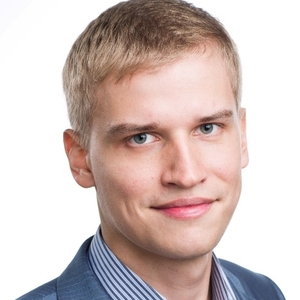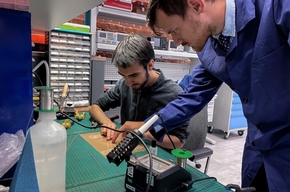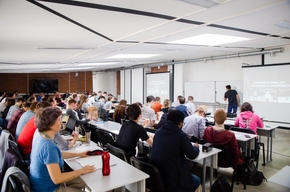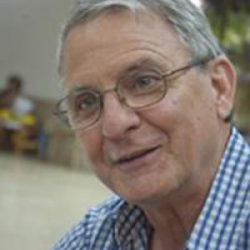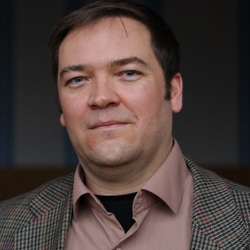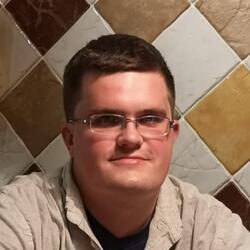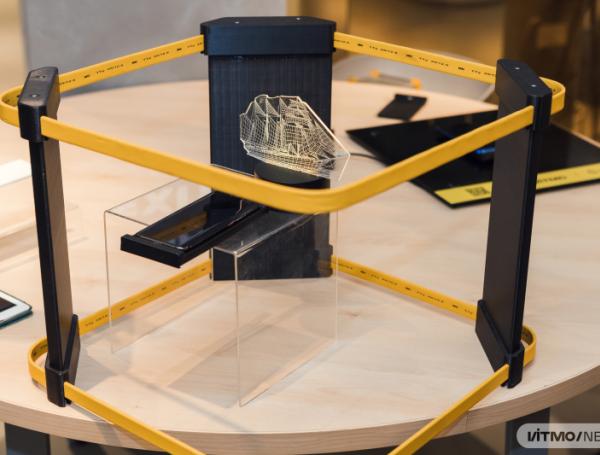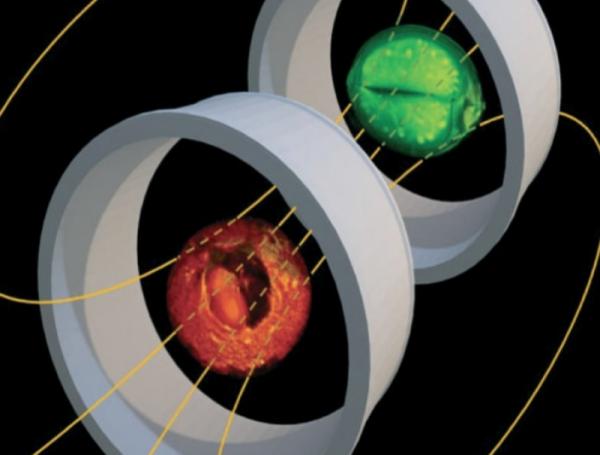In the fourth semester, there are no classroom lessons. This semester is completely devoted to research work and the preparation of Master's thesis. At the beginning of the semester, as a rule, all students become employees of the laboratory and can apply the knowledge gained, working on the implementation of real research and development. During this semester, as a rule, students create a foundation for their work after graduating from the Master's degree - they begin to work on the topic of a future Ph.D. thesis together with ITMO scientists or external collaborators, or work together with representatives of partner companies for the purpose of subsequent employment.
In the second and third semesters, the program includes intensive courses from visiting scholars and lecturers who are leading experts in the industry.
Requirements for applicants
The "entrance ticket" for applicants is fluency in the methods of mathematical analysis at the level of university programs and knowledge of the course of general physics, including the section "electricity and magnetism". The ability to solve any problem from the corresponding middle-level problem books (or similar) is required:
- Demidovich VP, "Collection of problems and exercises in mathematical analysis";
- Irodov IE, "Problems in General Physics".
Confident knowledge of courses in electromagnetics, theory of electrical circuits, linear algebra, antennas, quantum physics, as well as the presence of basic programming skills, will significantly help in the successful development of the program and quick career guidance. The list of questions of entrance examinations is given at the link (in Russian).
Scholarships and salary
While studying under the program, along with the state scholarship, students are entitled to receive an additional scholarship from the faculty in the amount of 5 to 40 thousand rubles per month for excellent studies. In addition, for students with Scopus publications, an ITMO University scholarship is provided for students on a competitive basis. The amount of this scholarship is set depending on the level of the portfolio (articles, patents and other achievements) and reaches 20 thousand rubles per month or more. The faculty also supports student applications for regional and federal scholarships and grants (for example, grants from the Government of St. Petersburg), as well as scholarships from international scientific communities (IEEE, SPIE, ISMRM).
In any semester of study, students have the opportunity to join the implementation of current research projects carried out at the faculty, which gives them the opportunity to work part-time directly in the laboratory and on a topic related to the educational program. The practice of attracting talented students as faculty staff for the position of an engineer or laboratory assistant is supported by all research groups leading projects and provides students with material support during the Master's program in addition to scholarships. Work and educational processes take place on a single site - the campus at Lomonosova st. 9. Additional classes in English are provided for students, organized by the faculty for various initial levels.

